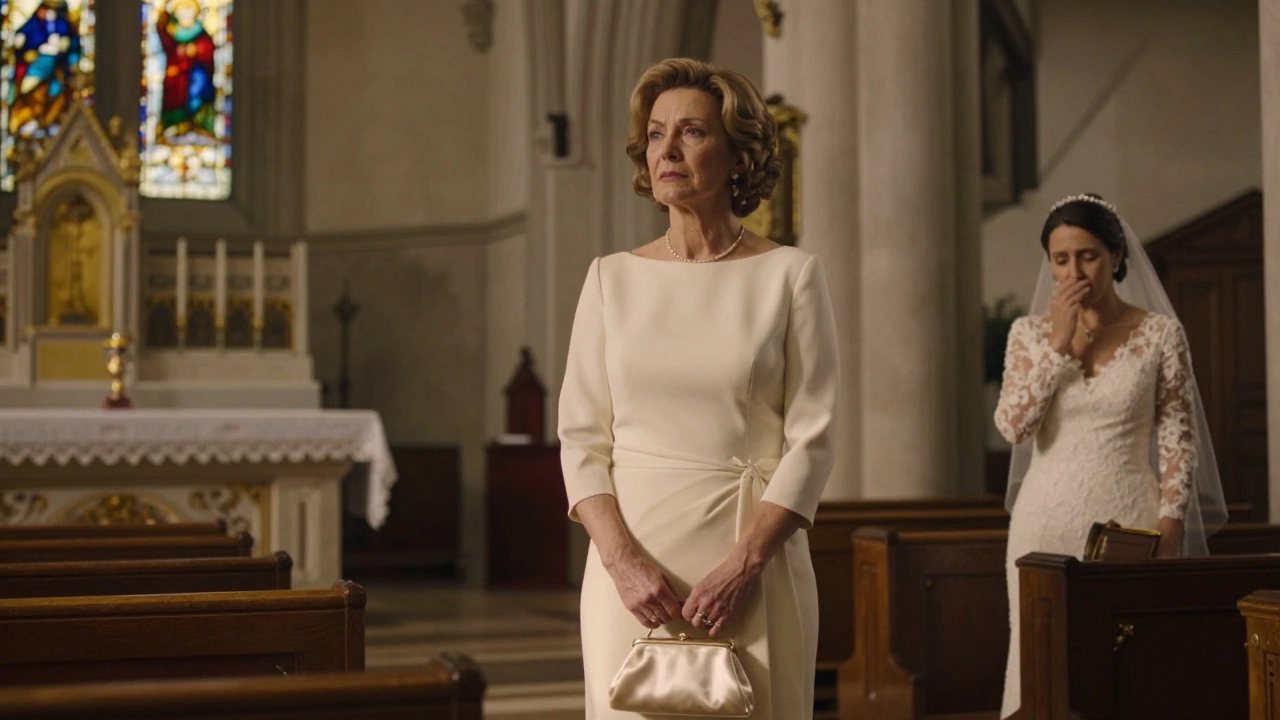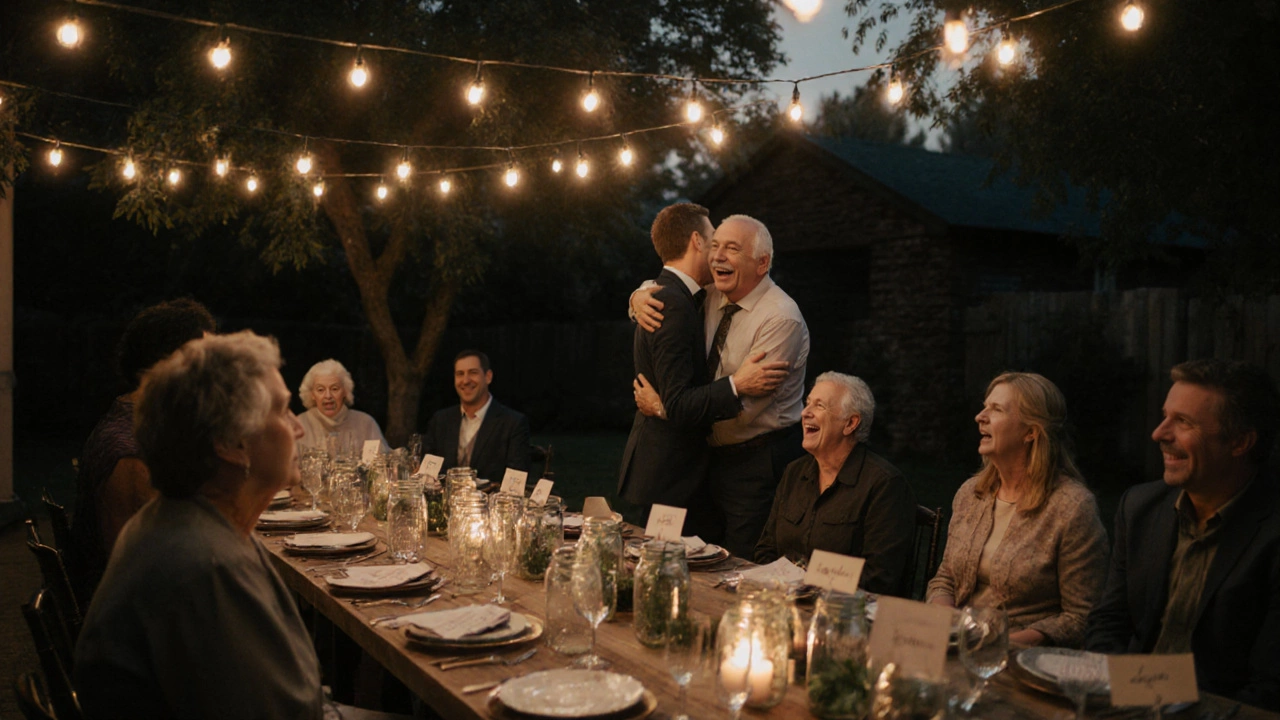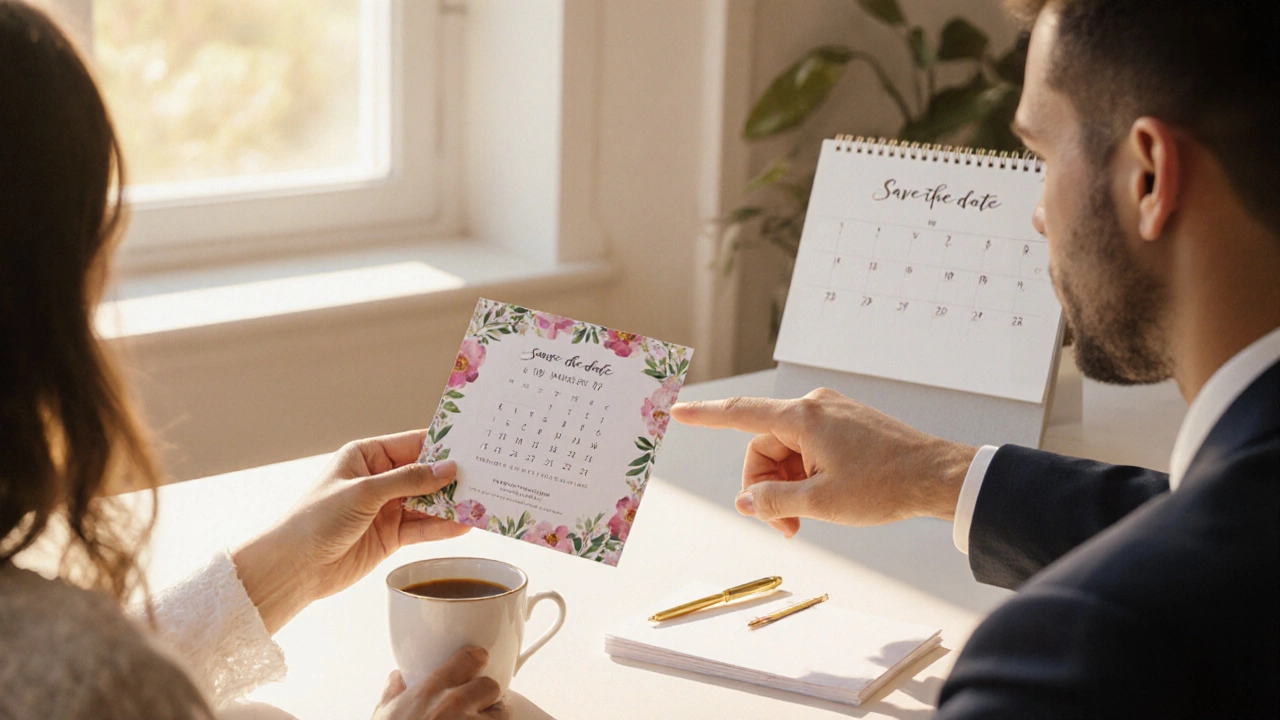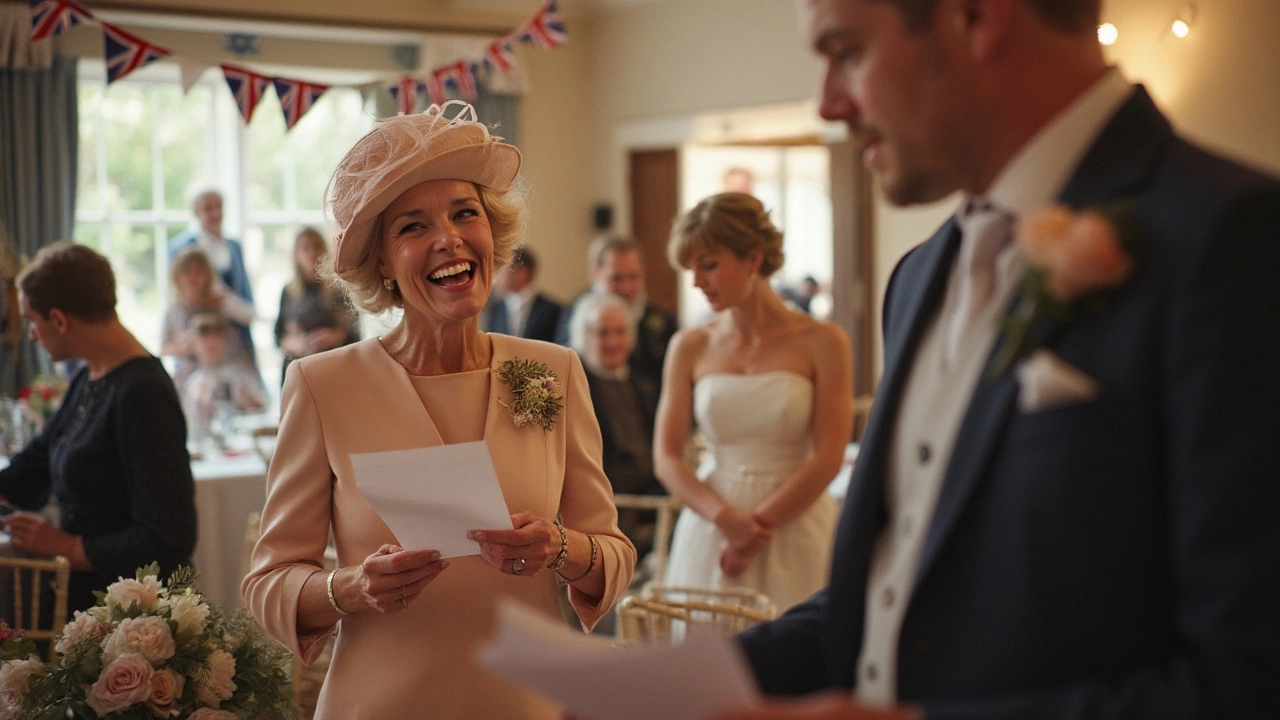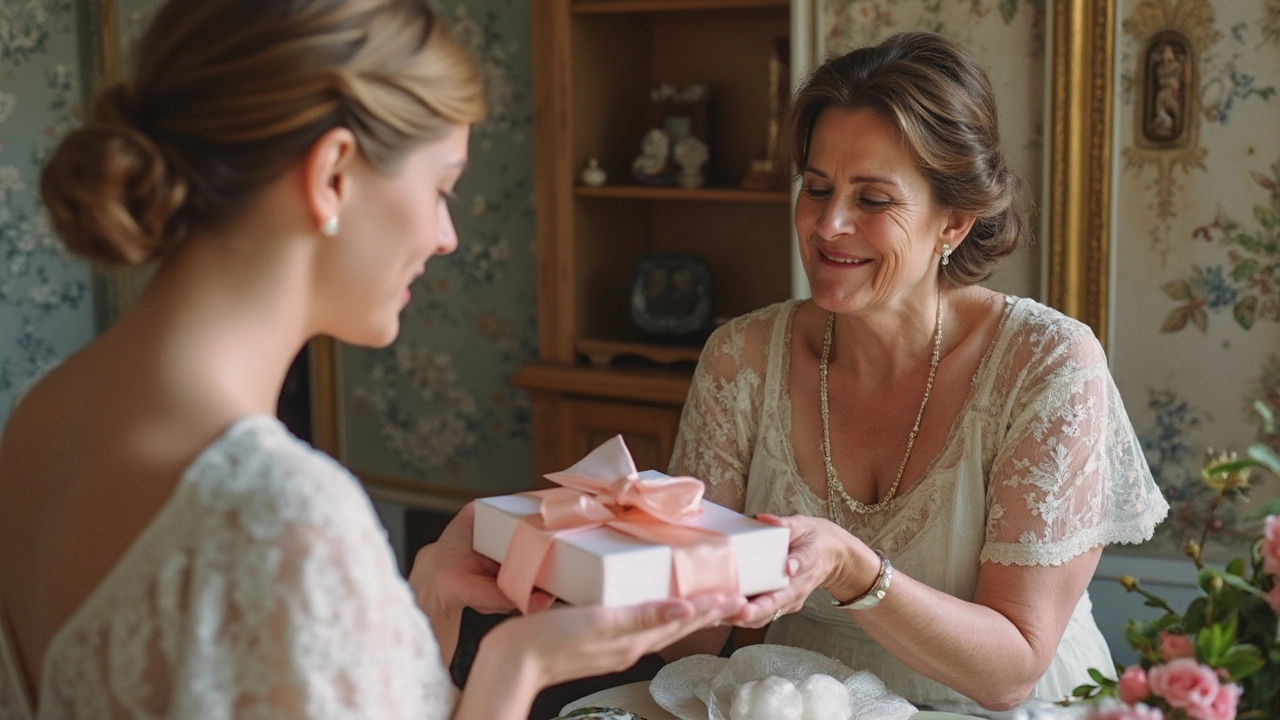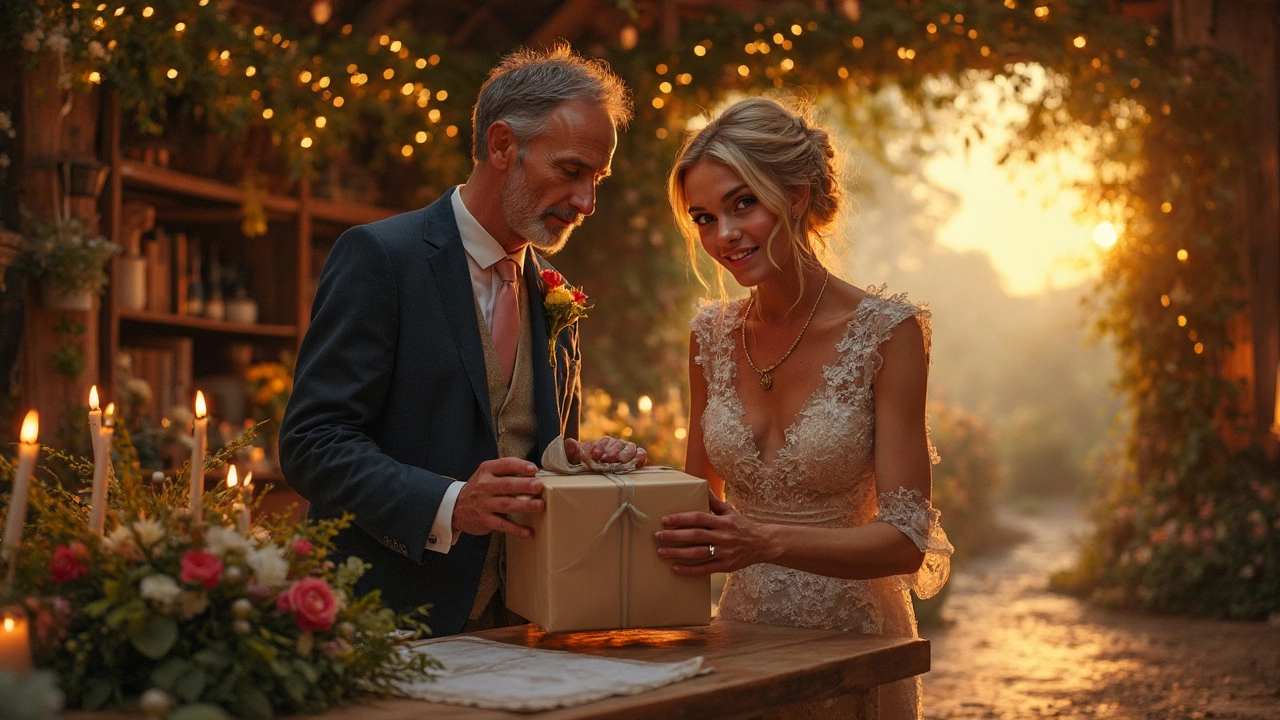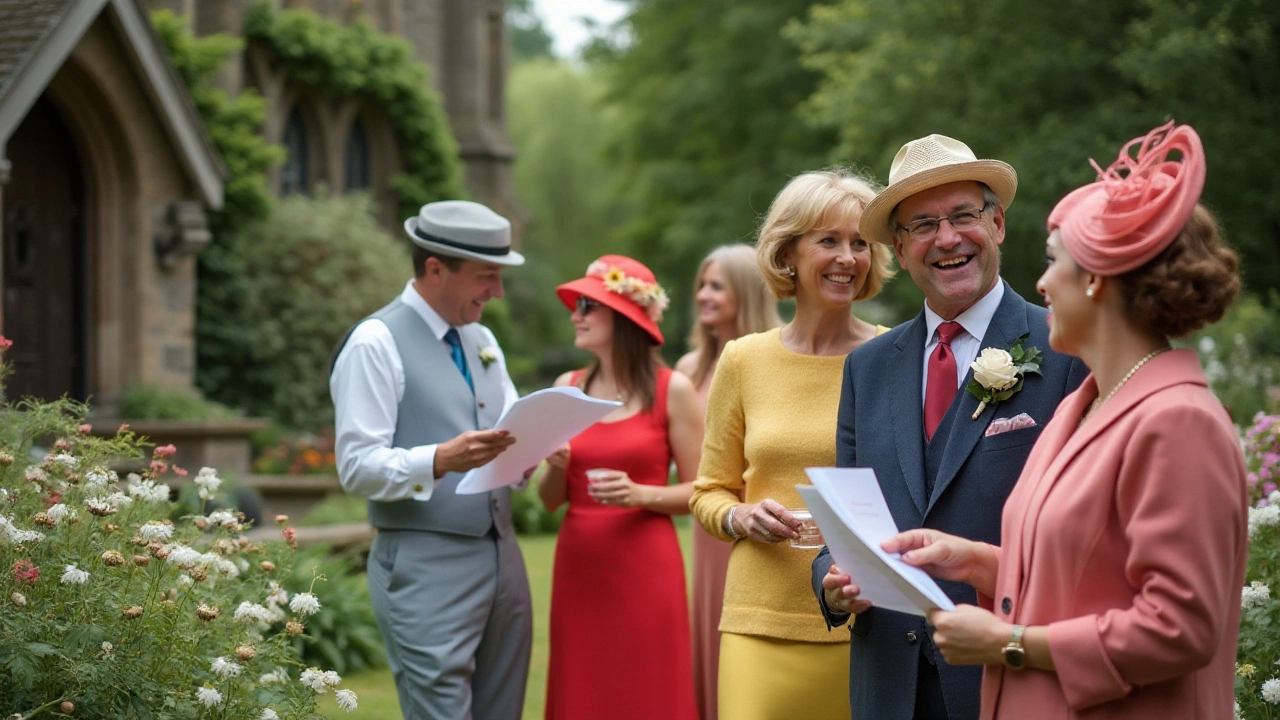Wedding Etiquette: Your Quick Guide to Modern Traditions
Planning a wedding feels like juggling a thousand details, and etiquette can add another layer of confusion. The good news? Most rules are simple, and they’re really about making sure everyone feels comfortable and respected. Below you’ll find the most common etiquette questions broken down into bite‑size answers you can use right away.
Invitation & RSVP Basics
First impressions start with the invite. Include the couple’s names, date, time, venue, and dress code – nothing more, nothing less. Send "save‑the‑dates" about 6‑9 months before the big day, then mail formal invitations 8‑12 weeks out. Give guests at least three weeks to RSVP; this gives you enough time to lock in numbers with your caterer and avoid last‑minute scrambling.
If a guest declines, respond with a warm "Thank you for letting us know" and don’t press for a reason. For plus‑ones, only add them if the invite says "and Guest" or if the guest is in a committed relationship. Keep the RSVP card simple: a line for "Accepts" or "Declines," a space for meal choice, and a deadline.
Gifts, Payments & Planner Tips
Gift etiquette is easier than it sounds. A modest cash gift or a thoughtful item that matches the couple’s registry is always appreciated. If you’re a groom’s parent or a close family member, contributing to a big expense – like the wedding photographer – is common, but it’s not mandatory. Talk openly about budgets early on to avoid awkward surprises.
When it comes to tipping your photographer, $50 is a decent baseline for a short‑form shoot, but many couples tip 10‑20% of the total fee for a full‑day service. Check the contract: some photographers include a gratuity in their price, others prefer a separate tip.
Remember, wedding planners aren’t just “luxury assistants.” They handle vendor negotiations, timeline coordination, and day‑of emergencies. If you hire one, clarify what’s covered – for example, does the planner manage the bar tab, or is that still on you? Clear contracts keep everyone happy.
Other hot topics you might be curious about include:
- Black wedding dress etiquette – modern couples are embracing alternative colors while still respecting tradition.
- Groom gifts to the bride – a small token (a watch, a love letter, or a custom cufflink) can be a sweet nod to tradition.
- Who pays for the alcohol? Historically the groom’s family footed the bar tab, but today many couples split the cost or treat it as a joint expense.
- How long a photographer should stay – most cover ceremony, formal portraits, and the first hour of reception, but you can add extra hours for dancing.
All these details tie back to one core idea: etiquette is about clear communication and mutual respect. When you’re honest about what you need and considerate of others’ expectations, the day runs smoother and feels more joyful.
So, before you send out that next email or call a vendor, pause and ask yourself: "Is this clear? Is it fair? Does it make my guests feel welcome?" If the answer is yes, you’re on the right track. Happy planning!
Who Pays for the Groom’s Suit? Modern Wedding Etiquette Explained
Who pays for the groom’s suit? Modern weddings have moved past old traditions. Today, the groom usually covers the cost-but many families still help. Learn what’s expected, what’s optional, and how to handle it without stress.
Read moreShould the Mother of the Groom Carry a Purse? Wedding Etiquette and Practical Tips
Should the mother of the groom carry a purse? Yes-if it’s small, practical, and filled with essentials. Learn what to pack, what to avoid, and why this simple choice makes a big difference on the wedding day.
Read moreWhat Are Groom's Parents Responsible For in a Wedding?
Groom's parents aren't expected to pay for the whole wedding anymore. Learn what they actually do today - from hosting the rehearsal dinner to offering quiet support - and how to navigate money, expectations, and emotions without stress.
Read moreIs It Rude to Send a Save‑the‑Date Without a Formal Invitation?
Learn why a save‑the‑date alone can feel rude, when it's acceptable, and how to phrase it so guests stay happy and informed.
Read moreWhat Not to Do as Mother of the Groom: Unspoken Rules & Practical Tips
Explore common mistakes mothers of the groom make, with practical tips and surprising insights. Learn what not to do for a stress-free, unforgettable wedding experience.
Read moreDoes the Mother of the Groom Give the Bride a Gift? Wedding Gifting Etiquette Explained
Wondering if the mother of the groom should give the bride a gift? This article clears up wedding etiquette around this tradition, explains what kinds of gifts are appropriate, and shares real-world tips for making a thoughtful gesture. Get helpful ideas for handling any awkwardness and advice for building a stronger future relationship. Learn practical ground rules before choosing that perfect present.
Read moreWho Keeps the Ring if the Engagement Ends? Navigating the Dilemma
Breaking off an engagement is tough enough, but deciding who keeps the ring can add another layer of complexity. Dive into the emotional and legal aspects of this dilemma, exploring how different states approach ring ownership. We'll also touch on how to handle the situation with grace and practical tips on what to do if you find yourself navigating this challenge. Understanding these aspects can help ease the decision-making process for couples facing such a tough situation.
Read moreHow Much Should Aunt and Uncle Give for a Wedding Gift?
Wondering how much aunts and uncles should give as a wedding gift? Whether you're an aunt or uncle, knowing the right amount to give can be tricky, especially with different family traditions and expectations around wedding gifts. This article offers insight into factors that can guide your decision, including your relationship with the couple, the wedding's location, and personal budget. Practical tips and interesting facts about wedding gift-giving will help you navigate this usually tricky choice.
Read moreThe Definitive Guide to Taboo Colors for Wedding Guests
Choosing the right color for wedding guest attire can be a tricky endeavor, as some shades carry cultural or traditional implications that may lead to unintended offenses. This guide explores colors that are often considered taboo at weddings, explaining their significance and offering tips for selecting a respectful and stylish outfit. Understanding these customs not only honors the couple’s special day but also reflects your thoughtfulness as a guest. From avoiding the classic white to navigating cultural differences, learn how to dress appropriately for weddings in various contexts. Enhance your wedding guest wardrobe with this blend of tradition, fashion, and sensitivity.
Read more
